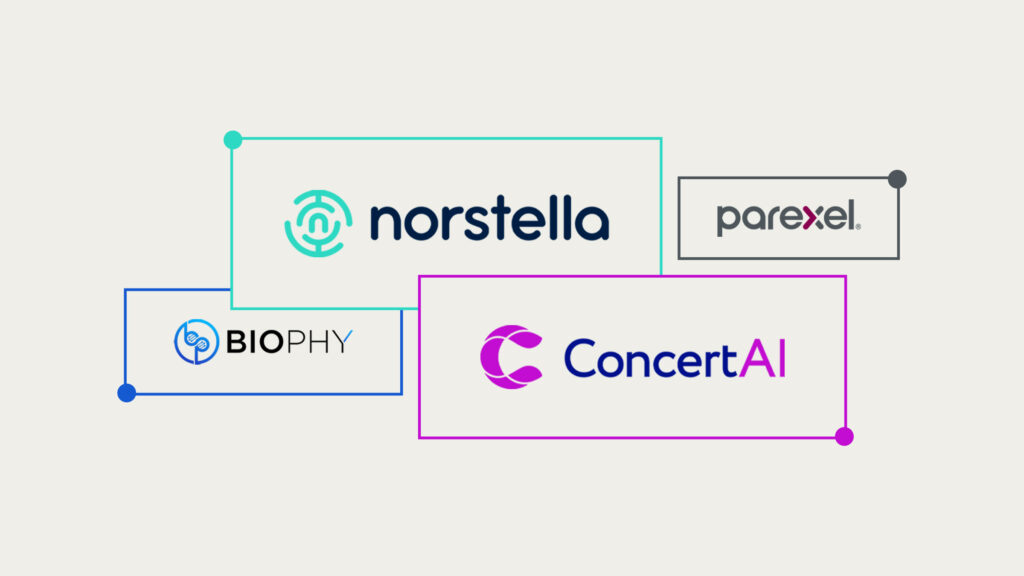The Future of Drug Development: A Dive into AI’s Role in Clinical Trials
Over the past year, the excitement around artificial intelligence (AI) in the pharmaceutical industry has soared. With promises of revolutionizing drug discovery and approval processes, AI is poised to tackle a range of ailments, from rare diseases to cancer and even antibiotic-resistant infections.
However, the reality is that transforming these ambitious goals into actual therapeutic options will take years of rigorous research and development. While we await breakthroughs in discovering new medicines, a fresh wave of companies is already putting AI and machine learning to work. Their focus? Optimizing the clinical trial process for existing drug candidates, aiming for quicker results.
The Possibilities of AI in Clinical Trials
Imagine a world where clinical trials could be fully simulated—where data from past trials and real-world patient experiences feed into a system that predicts clinical and safety outcomes without involving any human participants. Sounds futuristic, right? This is the ultimate aspiration of employing AI in clinical trials.
Yet, as Morgan Hanger, executive director of the Clinical Trials Transformation Initiative, points out, the current applications of AI remain largely focused on optimization. While innovators may dream of wild advancements, the reality involves refining existing processes and improving efficiency.
Turning Optimism into Reality
As discussions around AI continue, it’s essential to ground these conversations in practical examples. Companies leveraging AI for clinical trials are enhancing patient recruitment strategies, streamlining data management, and even predicting outcomes more accurately.
For instance, imagine a small biotech firm searching for patients for a clinical trial for a rare disease. Traditional methods might take months, but an AI-driven approach can analyze large datasets and identify suitable candidates far more quickly. This not only saves time but also accelerates the development timeline of crucial therapies.
The Road Ahead
While the prospect of AI transforming drug development is undeniably thrilling, it’s crucial to maintain a balanced perspective. The promise of swift results and advanced capabilities is tempered by the reality that these technologies are still in the optimization stage. As we move forward, it will be interesting to see how these innovations evolve.
To truly grasp the impact of AI, it’s beneficial for individuals interested in science and technology to stay informed about the latest developments. Whether you’re a professional in the field or an enthusiast wanting to learn more, following AI’s advancements in drug development can be both enlightening and inspiring.
Conclusion
The intersection of AI and the pharmaceutical industry promises a future where drug development is faster, more efficient, and data-driven. As the AI Buzz Hub team is excited to see where these breakthroughs take us, we encourage you to stay connected. Want to stay in the loop on all things AI? Subscribe to our newsletter or share this article with your fellow enthusiasts.




